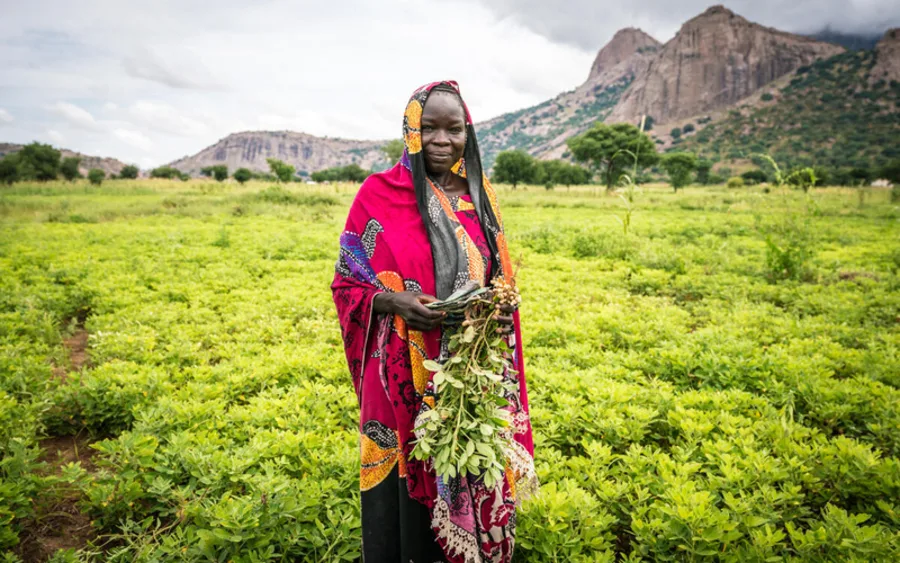

What’s inside a typical WFP food basket
Rice or flour
A staple item in many countries and vital source of daily energy.
Vegetable oil
Rich in essential fats and vitamins, supporting a healthy immune system.
Lentils or beans
Plant-based protein and fibre, helping maintain a healthy heart and gut.
Salt
Supports a healthy pregnancy and helps child development.
The food basket is based on local food preferences and diets wherever possible so the items could vary.
Overview
Shared meals will help refugees and host communities in Niger, Chad and Mauritania.
The Sahel region in north central Africa faces extreme hunger with many people not knowing where their next meal will come from. In both Chad and Niger, 42% of the population live below the poverty line. Chad hosts more than one million refugees, which continues to grow due to the recent conflict in neighbouring Sudan. In Niger, 80% of the population lives in rural areas and the limited access to water and arable land is a big driver of hunger in the country. In Mauritania, despite making improvements in nutrition rates, almost 1 in 10 children is malnourished. The World Food Programme (WFP) is on the ground in the Sahel providing life-saving support to people in need and developing integration and resilience projects. WFP helps strengthen local food systems to tackle the root causes of hunger and malnutrition and transform people’s lives by providing the right tools and resources to break the cycle of hunger, malnutrition, and conflict. In Chad, WFP is aiming to support 2.5 million people across the country including refugees who fled the conflict in Sudan. WFP is also aiming to provide vital nutrition to 1.4 million pregnant and breastfeeding women, as well ensure over 400,000 children receive nutritious daily school meals. In Niger, WFP is providing emergency cash, school meals and nutrition support. They’re also supporting smallholder farmers and food security initiatives like half-moons — which conserve water for crops. Many refugees are part of the project funded by WFP. In Mauritania, WFP is providing food to Mauritanian families as well as Malian refugees who were forced to flee their homes. In the refugee camp, WFP is shifting towards more sustainable livelihoods assistance to help refugees settle into their new lives.
Location
Sahel